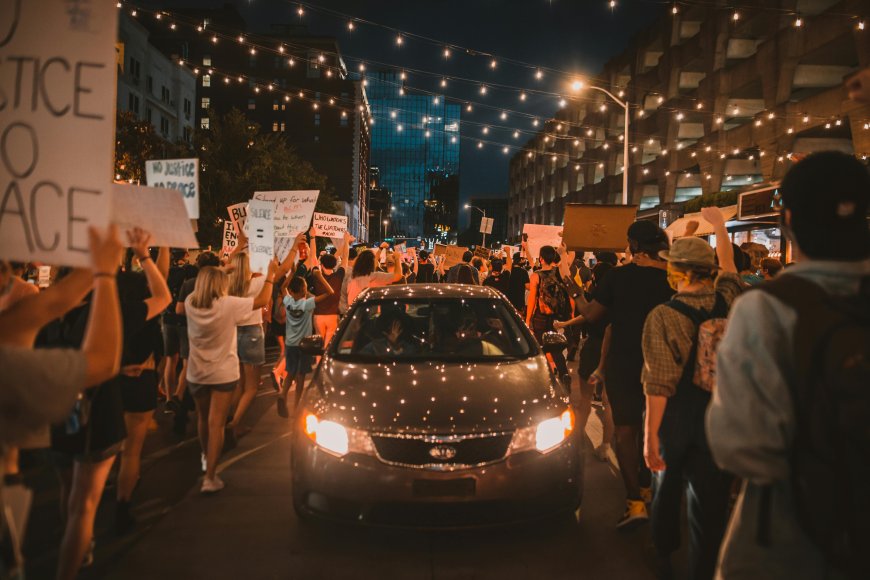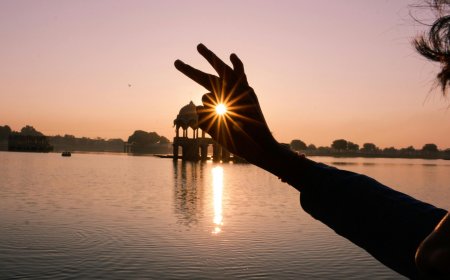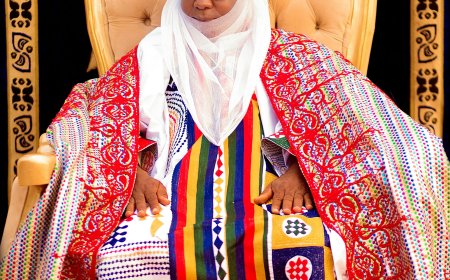Women Leaders in History Who Shaped the World
Discover women leaders in history whose courage, vision, and resilience changed nations, inspired movements, and reshaped the world.

Throughout history, women have defied societal expectations, shattered barriers, and led nations through turbulent times. Their leadership has transformed politics, society, and culture, demonstrating that courage and vision know no gender.
From monarchs and warriors to activists and reformers, these women left indelible marks on history, inspiring generations to pursue justice, equality, and progress.
Cleopatra: The Last Pharaoh of Egypt
Cleopatra VII, the last pharaoh of Ancient Egypt, was a master strategist, diplomat, and leader. She navigated political alliances with Rome, using intelligence and charisma to protect her kingdom.
Cleopatra’s story is a powerful reminder that women have long wielded influence at the highest levels of governance, blending diplomacy with strength in times of crisis.

Queen Elizabeth I: The Virgin Queen
Queen Elizabeth I of England (1533–1603) led her nation through a period of cultural flourishing and political stability. Known as the Elizabethan Era, her reign saw the defeat of the Spanish Armada, the rise of English literature, and the establishment of Protestantism in England.
Elizabeth’s leadership showcased political acumen, resilience, and the ability to inspire a nation despite being a woman in a male-dominated world.
Joan of Arc: Warrior and Symbol of Courage
French heroine Joan of Arc (1412–1431) led armies during the Hundred Years’ War, claiming divine guidance. Her courage inspired troops and contributed to pivotal victories against English forces.
Though executed at just 19, Joan became a symbol of bravery and conviction, proving that leadership can come from the most unexpected places.
Indira Gandhi: India’s Trailblazing Prime Minister
Indira Gandhi, India’s first and only female prime minister, led the country through challenging political and economic landscapes. Her leadership included major agricultural reforms, foreign policy initiatives, and navigating complex social dynamics.
Gandhi’s tenure demonstrated that women could lead modern nations with vision and determination, leaving a lasting impact on Indian politics.
Angela Merkel: Steadfast Leadership in Europe
Angela Merkel, Germany’s first female chancellor, guided Europe through financial crises, migration challenges, and international diplomacy. Known for her pragmatism and consensus-building, Merkel became a symbol of stability and rational leadership in global politics.
Her influence extended beyond Germany, shaping European Union policies and inspiring female leaders worldwide.

Malala Yousafzai: Voice for Education and Equality
In the modern era, activists like Malala Yousafzai exemplify leadership beyond traditional politics. Surviving an assassination attempt by the Taliban, Malala became a global advocate for girls’ education and human rights.
Her courage and resilience show that leadership is not confined to positions of power — it can emerge from activism and the pursuit of justice.
Why Women Leaders Matter
These leaders share a defining characteristic: they dared to challenge norms. Whether ruling empires, leading nations, or advocating for social change, they demonstrated that leadership is about vision, courage, and the ability to inspire others.
Their stories remind us that women’s voices are integral to shaping history, policy, and society — lessons that resonate in today’s global conversations about gender equality.
FAQs
Q1: Who was the first female ruler of Egypt?
A1: Cleopatra VII was the last pharaoh of Egypt and a renowned strategist and diplomat.
Q2: How did Queen Elizabeth I influence England?
A2: She stabilized the nation, promoted culture, and established Protestantism, shaping the Elizabethan Era.
Q3: Why is Joan of Arc a historical icon?
A3: She led French troops to key victories and symbolizes courage and conviction.
Q4: What was Angela Merkel known for?
A4: Merkel was celebrated for pragmatic leadership, guiding Germany and Europe through crises.
Q5: How did Malala Yousafzai impact global education?
A5: She became a global advocate for girls’ education, surviving adversity to promote human rights worldwide.
আপনার প্রতিক্রিয়া কী?
 পছন্দ
0
পছন্দ
0
 অপছন্দ
0
অপছন্দ
0
 ভালোবাসা
0
ভালোবাসা
0
 মজার
0
মজার
0
 রাগান্বিত
0
রাগান্বিত
0
 দুঃখজনক
0
দুঃখজনক
0
 বাহ
0
বাহ
0




























































